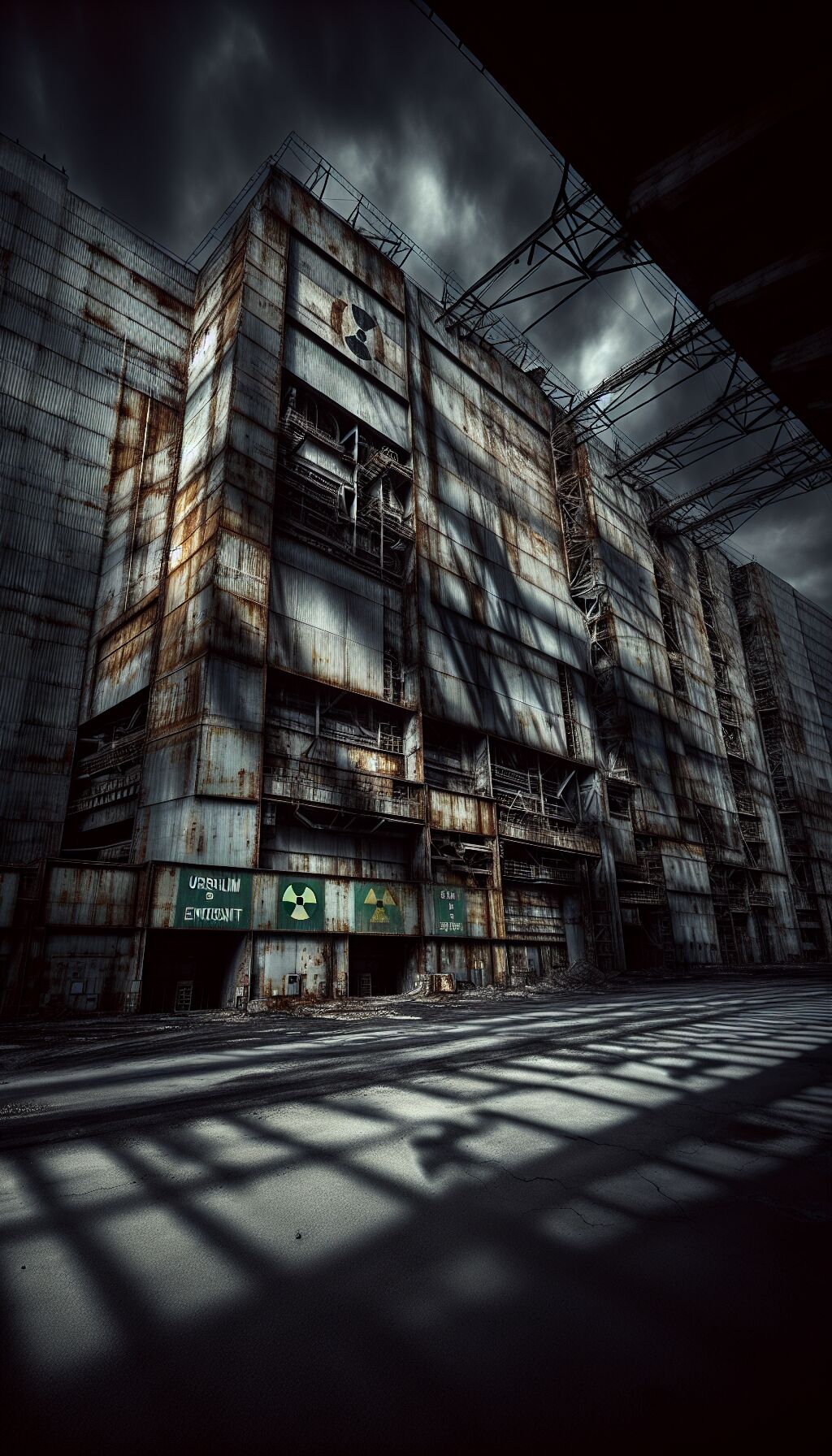Concerns Over Iran’s Nuclear Ambitions Amidst Regional Turmoil
The White House is increasingly worried about the potential for a nuclear armed Iran in light of the nation’s current vulnerabilities and strategic setbacks. National Security Adviser Jake Sullivan is reportedly collaborating with the Trump administration to address these escalating concerns about Tehran’s nuclear ambitions.
Iran’s Strategic Setbacks
Over the past year, Iran has faced a series of challenges that have significantly weakened its geopolitical standing. The country has been targeted by a series of Israeli assaults on its proxy forces in various conflict zones, notably in Syria. This displacement of influence has been compounded by the rise of Sunni Muslim factions, which are inherently antagonistic towards Iran’s Shiite regime.
In interviews, Sullivan noted that Israeli strikes have targeted key Iranian facilities, including missile factories and air defenses. This military pressure has severely reduced Iran’s conventional military capabilities, further exacerbating the regime’s feeling of vulnerability.
Heightened Nuclear Risks
Amidst these mounting pressures, there is growing speculation within Iran regarding the pursuit of nuclear capabilities. Sullivan observed, “What I found over the last four years is that when good things happen, like Iran being weaker than it was before, there are frequently bad things lurking around the corner.” He underscored the concern that a desperate Iran might consider accelerating its nuclear weapons program.
In Sullivan’s view, the current discourse within the Iranian government reflects this sentiment. “If you’re Iran right now and you’re looking around at the fact that your conventional capability has been reduced, your proxies have been reduced, your main client state has been eliminated, Assad has fallen, it’s no wonder there are voices saying: ‘Hey, maybe we need to go for a nuclear weapon right now,’” he remarked. The national security adviser emphasized this point by referencing public statements from Iranian officials suggesting a revision in their nuclear doctrine.
Iran’s Uranium Enrichment Practices
Despite Iran’s assertions that its nuclear program is intended for peaceful purposes, the regime has made significant strides in its uranium enrichment activities since the Trump administration’s withdrawal from the nuclear deal. Reports indicate that Iran has enriched uranium to 60% purity, a significant leap toward achieving the 90% purity threshold required for producing a nuclear weapon.
Last week, the United Kingdom, Germany, and France issued a public plea for Iran to reverse its nuclear escalation. They highlighted the absence of any “credible civilian justification” for accumulating 60% enriched uranium, further heightening concerns regarding Tehran’s compliance with international nuclear norms.
Looking Ahead to 2024
As the geopolitical landscape shifts, Sullivan warned of the tangible risk that Iran might abandon its long-standing promise to refrain from developing nuclear weapons. “It’s a risk we’re trying to be vigilant about now. It’s a risk that I’m personally briefing the incoming team on,” he stated, affirming his readiness to coordinate with Israeli officials to monitor the situation closely.
Looking forward to 2024, there is speculation regarding former President Donald Trump’s potential return to the White House and his administration’s approach toward Iran. Upon taking office on January 20, Trump could reintroduce his “maximum pressure” policy aimed at crippling Iranian oil financing and curtailing its military activities.
A Potential Opportunity for New Diplomatic Efforts
Despite the geopolitical challenges, Sullivan expressed cautious optimism about the possibility that a weakened Iran could be open to negotiating a new nuclear deal. “Maybe he can come around this time, with the situation Iran finds itself in, and actually deliver a nuclear deal that curbs Iran’s nuclear ambitions for the long term,” he suggested. This statement implies a strategic hope that Iran’s vulnerabilities could incentivize them to comply with new terms aimed at limiting their nuclear program.
Trump’s Team and Preventive Measures
As Trump prepares for his anticipated inauguration, his team is reportedly evaluating various options to prevent Iran from advancing its nuclear weapons capabilities. This includes considerations of preventive airstrikes aimed at thwarting Iran’s uranium enrichment and missile development initiatives. The potential for military action underscores the gravity of the situation and the lengths to which the U.S. administration may go to ensure regional stability and prevent a nuclear-armed Iran.
In conclusion, as tensions escalate surrounding Iran’s military capabilities and nuclear ambitions, the incoming U.S. administration faces a critical juncture. Efforts will need to balance diplomatic overtures with robust preventive measures to address the threats posed by Tehran, and the dynamics of the situation will undoubtedly evolve as 2024 approaches.
